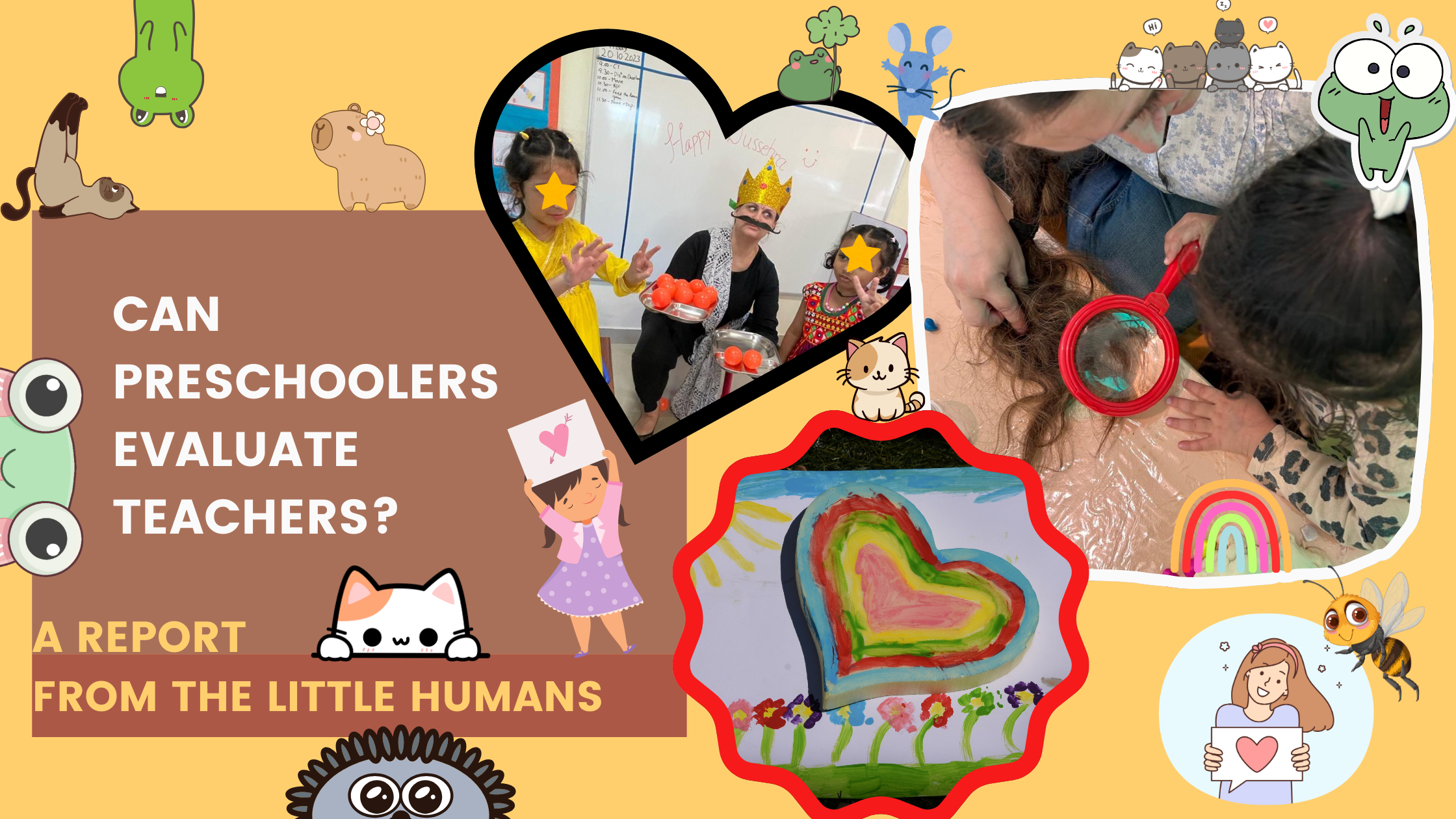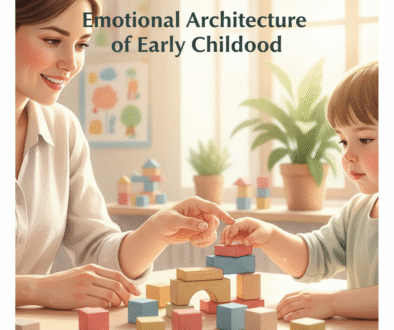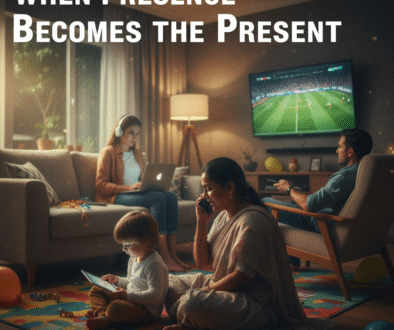
Can Preschooler Evaluate Teacher – Classroom Insights from Kids
can preschoolers evaluate teachers
The Idea That Got Me Thinking
I recently stumbled upon a short video where a teacher asked their students for an evaluation. The idea was simple: if teachers can assess students, why can’t students evaluate teachers? It struck me—regardless of the original intent behind that video—that this isn’t a stupid idea at all. But then, my early childhood educator brain had things to whisper. Can this actually work in preschool?
Short answer? No.
Long answer? Well, let’s break it down.
The “I Love You, Ma’am” Syndrome
I’ve seen it with my own eyes: a teacher tells a class of 3- or 4-year-olds, “Make a heart for me! Say you love me! Make a card for me!” And sure enough, tiny hands start cutting, drawing, gluing, and—boom!—a pile of heartfelt masterpieces appears. The teacher is showered with “I love you, Ma’am” declarations, and the little ones beam with pride.
But how healthy is this? I leave that for you to evaluate. Personally? I never liked it.
Honesty moment: I even felt a little jealous.
I rarely got cards, and if I did, they were usually spontaneous, not requested. But words? Oh, I got words. That raw, unfiltered affection. “I love you, Ma’am!”, “I love everything you do”, “you look beautiful today”, your shirt is like my moms, so pretty “ whispered between activities, little arms wrapping around me for a hug, children simply glued to me, standing still, refusing to let go. Let me tell you, nothing humbles you more than trying to gently peel a child off while internally panicking about how to teach personal space.
The difference? One kind of affection was handed over on a platter with a “Make This for Me” instruction. The other was freely given.
Yet, those teachers got the trophies—the handmade proof of their “success” in the classroom. I couldn’t do it. Asking kids to manufacture admiration felt unethical. And yes, I was jealous, but I knew deep down it wasn’t fair. Did I ever confront those teachers? No. I ignored it. Over time, I stopped caring.
Pre-schoolers and Their Ever-Changing Minds
Let’s be real. Young children are easy to sway. One day, you might be their hero. The next? A witch. Maybe you asked them to wash their hands before eating. Maybe you said no to their third cookie. Or maybe, just maybe, they simply woke up on the wrong side of the bed.
Now imagine trying to get an “evaluation” from them.
One day, they will tell their parents you’re “the best teacher ever.” The next day, they will claim you “made them sad” because you didn’t let them play with the blue truck. By the third day, they’ve forgotten everything and are back to treating you like their favourite human.
It’s all beautifully unpredictable.
So, how do you even begin to get a fair report from a preschooler? Through parents? Sure, but then you’re not exactly getting their evaluation, are you? You’re getting a filtered version of what they choose to share at home.
Manipulation vs. Authenticity in Early Childhood Education
Let’s throw in another layer. If kids can be easily influenced, what stops teachers from “guiding” their feedback?
“Did you have fun in class today?” (Yes!)
“Is Ma’am the best?” (Nods eagerly.)
“Do you love Ma’am?” (Of course!)
Boom. There’s your glowing teacher review. But is it real?
The Real Measure of a Teacher..
At the end of the day, the best evaluations don’t come from paper or forced affection.
They come in the form of trust—when a child reaches for your hand without hesitation. In growth—when a shy kid finds their voice because of you. In those small, unprompted moments—when they see you outside of school and their face lights up. And in the tiny gestures that remind you what a privilege it is to be part of their world.
The Beauty of a Child’s World
The beauty of their world is that they live in the moment. They don’t know yesterday and care less about tomorrow—the way we should be living, but often forget. And in that moment, when they come to you, wide-eyed with excitement, saying, “Mama, this is for you!”—yes, Mama. They often call me that. At first, it surprised me. Why Mama? Maybe because I’m there for them every day, a constant presence in their little world. Maybe it’s the warmth, the comfort, the way I listen, or how I help them with things that seem so big in their tiny hands. Maybe it’s just instinct—the way they associate care with that word. And I realize, it’s not about replacing anyone. It’s about the bond we build in those fleeting hours, a connection so natural that Mama just slips out without a second thought.
Then there are those moments when they eagerly share a new toy, or a random personal story—often an entirely imaginary one, but who cares? When I see their big eyes, filled with joy over the smallest things, it reminds me to pause. To see things the way they do. To stay in this moment with them. And maybe, just maybe, to stop overthinking whether I’d ever get a handmade heart. Because in their world, love isn’t measured in paper and glue—it’s in the way they see you.


